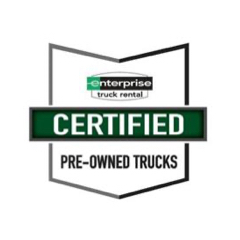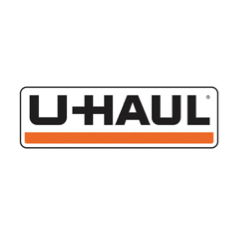What Size Moving Container Should I Get?
Those are great questions, we’re glad that you’re asking! Our customers usually contact us in the research phase of their move and more often than not, before they’ve made reservations for their moving truck or moving container. You can either contact a professional moving company to help determine the size needed, or you can use an online truck/container size calculator to estimate the cubic feet and gross weight. We have a few options for you here;
We believe this size and weight calculator to be the most accurate and it’s used by professional moving companies
Universal Truck/Trailer/Container Size Calculator
Here’s an option with an easy to use interface from Penske
Penske Truck Size Estimate Calculator
Uhaul Truck and Tailer Size Estimate Calculators
Uhaul Truck Size Estimate Calculator
Uhaul Trailer Size Estimate Calculator
We have years of experience making estimates over the phone and can accurately determine the correct moving truck or container sizes by asking a series of questions. As a Do-It-Yourself you may also want to go through this step by step process listed below. We have found that the recommendations used by many of the moving truck rental services and moving container companies are not very accurate in today’s world. People tend to have a lot more “stuff” than they did in years past and the estimates based on “rooms” or “how many bedrooms” is too vague and can throw a wrench in the moving process and schedule.
Questions that may help identify your actual needs
What is the square footage at the loading location? How full is the location based on a percentage, 50%, 100%, or another number?
The answers to these two questions will indicate a rough square footage to determine the cubic feet needed from your truck or container.
Are there any other places at the location that would add to the square footage estimate?
- Do you have a storage shed or storage closets?
- Is there a garage that’s being used as storage?
- Do you have outdoor items to load? Furniture, grill, bikes, kayaks, etc?
Another important factor to consider “What are the dimensions of your largest item armoire, bed, couch, etc?”
This is critical because there are some items that will not work well in smaller trucks/containers or not at all in some cases. For instance a 90” or larger couch or king size bed with a very thick mattress.
Do you have any items in excess of 300lbs? How many?
You should determine a rough weight estimate of the entire load. Never exceed the GVW (gross vehicle weight) rating for your rental truck or container. You’ll also want to keep weight distribution in mind when loading your truck or container as we’ll discuss further below in loading suggestions.
At this point you should have a pretty good idea of the actual cubic footage you’ll need as well as the gross weight. Use this to determine what size truck you’ll need and how many trips it will take if it’s a local move or the container size if you’re doing a relocation.
Here are some general sizes and cubic footage numbers. These are approximate numbers based on an average percentage of home content.
Small moving truck (10-12′) – approx 400 cubic feet.
- Medium moving truck (16-20) – approx 800 cubic feet.
- Large moving trucks (24-26′) – approx 1800 cubic feet.
Small containers (ABF/Relo-Cubes/U-Boxes) – approx 300 cubic feet.
- Large containers (16′ PODS/PACK-RAT) – approx 800 cubic feet
For large moves and relocation – a 28’ ABF Trailer can hold just under 2000 cubic. It also has a 9’ vertical clearance which is ideal for oversize items.
These are general assessments and they are based on a professional moving company doing the loading. Being transparently honest with yourself about how much you have will help make the process a success!
Helpful tips and friendly answers to questions always free! OregonTrailMoving.com 503-922-2225
Moving discount coupons here on the blog page for Uhaul, Penske, Budget, Enterprise, PODS, Pack-Rat, & ABF U-Pack.






